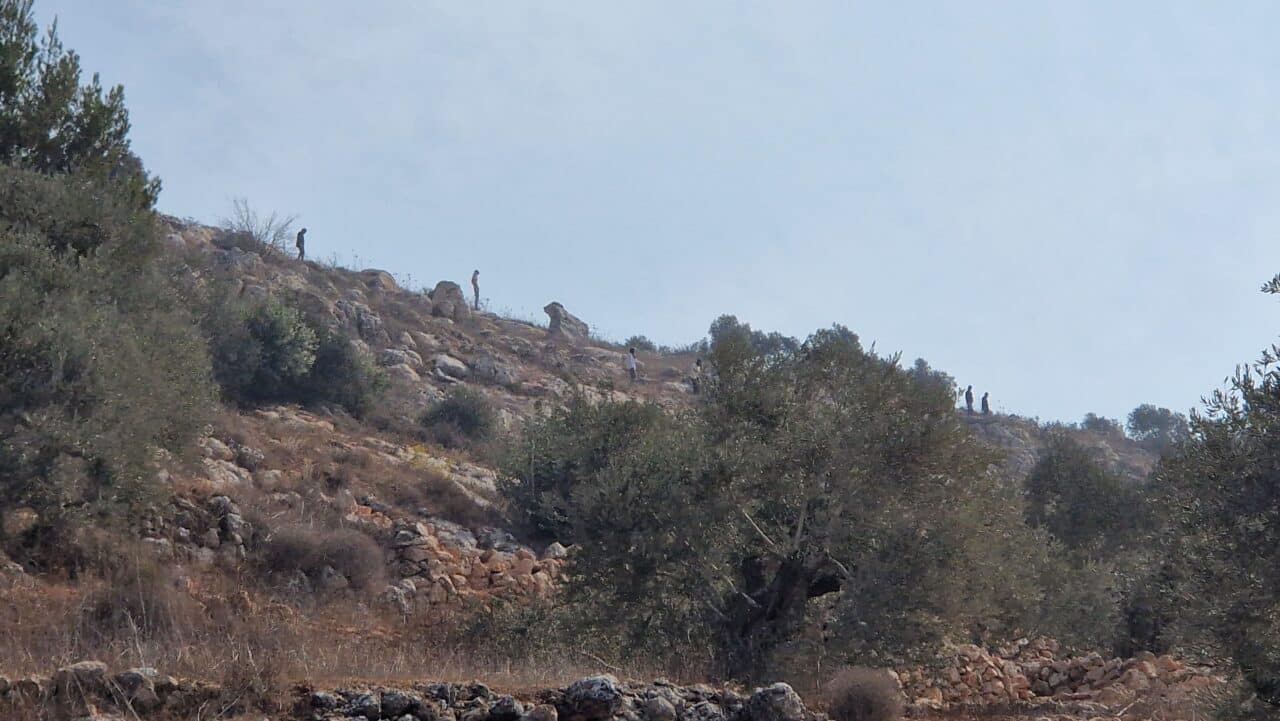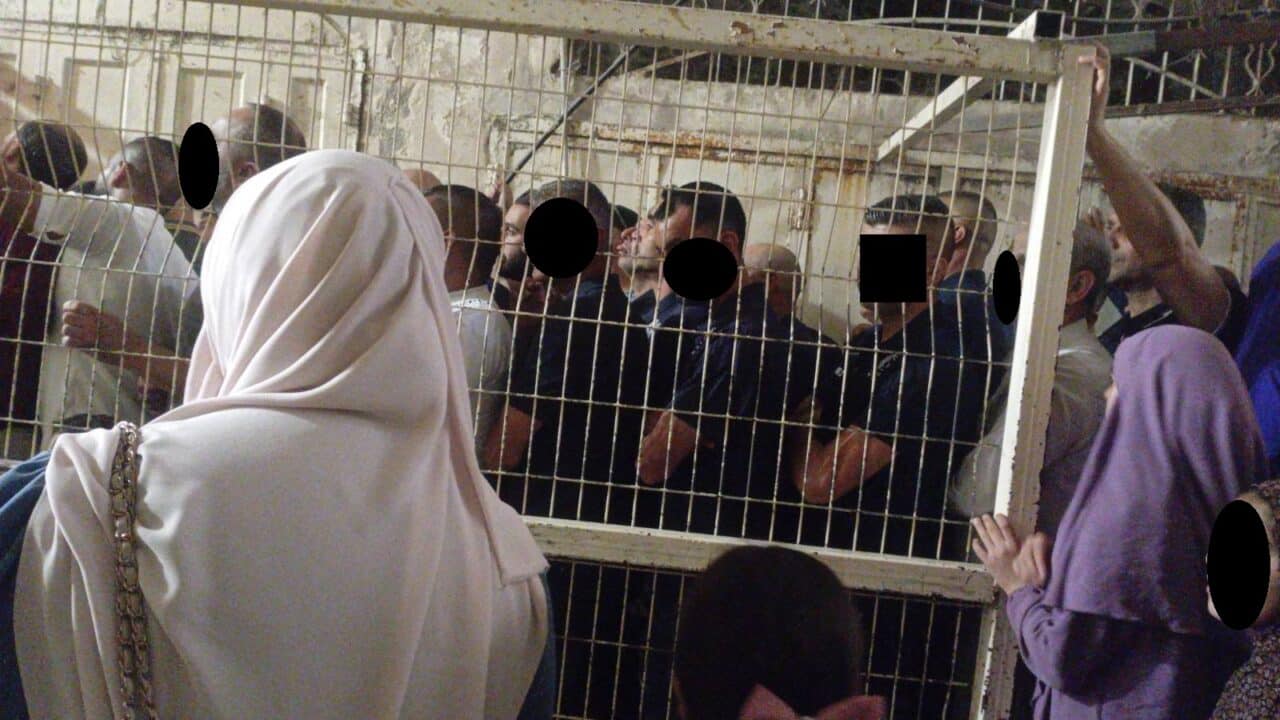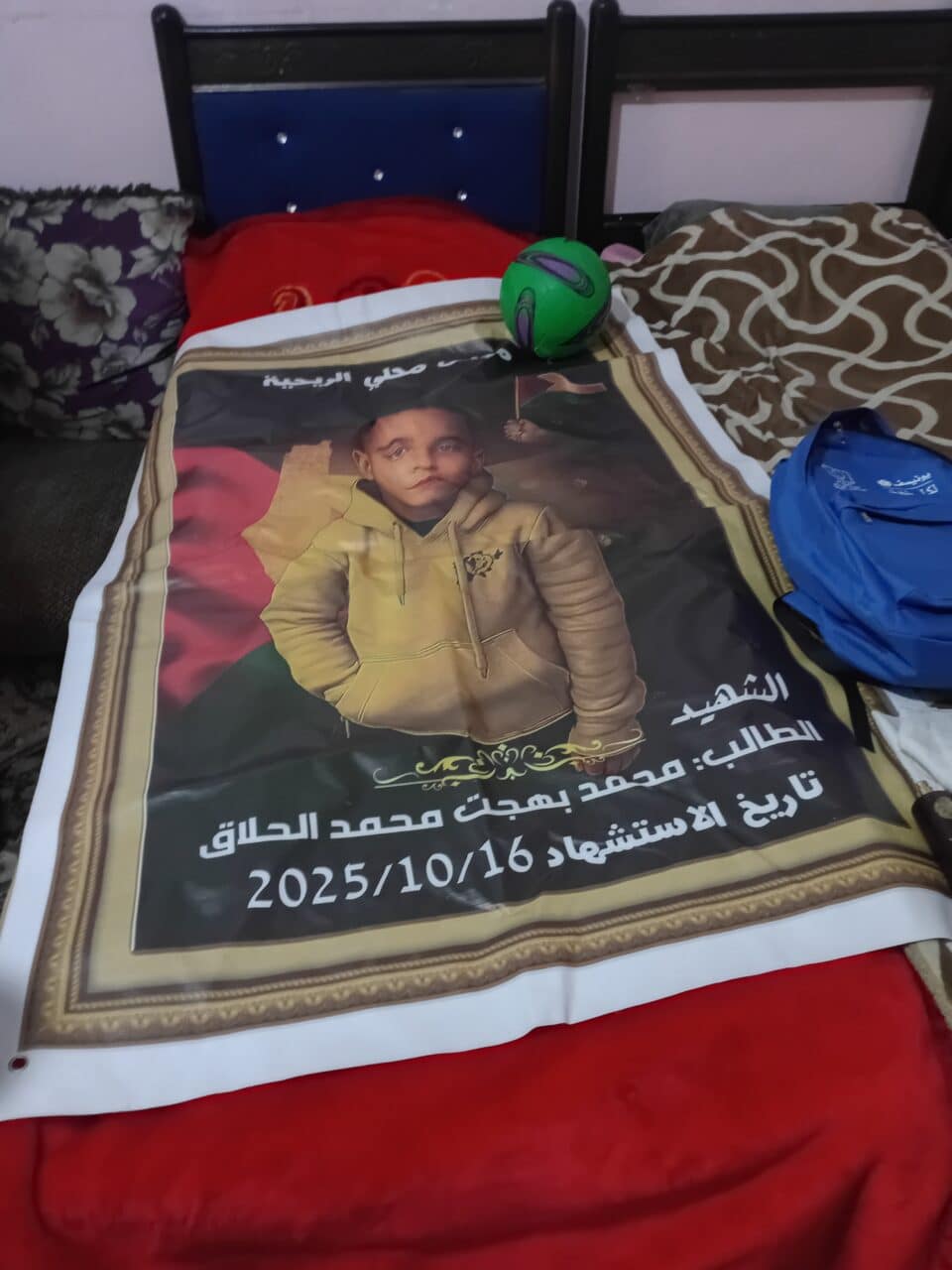Author: ISM Media
-
For immediate release – Olive Harvest: Settlers Injure Palestinian Farmers, Journalists and Medics and Solidarity Activists in Beita
Media enquiries: palreports@gmail.com On Saturday, November 8, Masked Israeli settlers armed with clubs attacked Palestinian farmers and solidarity activists, with many hospitalized after, in the Jabal Qamas area of Beita, south of Nablus, near the recently established Mevaser Shalom outpost, built on Beita’s confiscated land. After a few hours of successful olive harvest, a group…
-
Israeli Occupation Forces Deny Muslims Right to Pray
On Friday, October 24, the Israeli Occupation Forces (IOF) denied over 100 Palestinian Muslims the right to pray Duhr – or noon prayer – at the Al Ibrahimi Mosque in Al Khalil. Friday, or Juma’ah in Arabic, is the holiest day of the week in Islam. And Duhr is among the most popular times to…
-
Israel’s War on Children
On the evening of Thursday, October 16, we got word that Israel Occupation Forces (IOF) shot in the abdomen a nine-year-old boy in al-Rihiya. A small village close to Al Fawwar refugee camp, al-Rihiya is 4 miles outside of Al Khalil (Hebron). It was established in 1951 on 1 square km of land to house…



